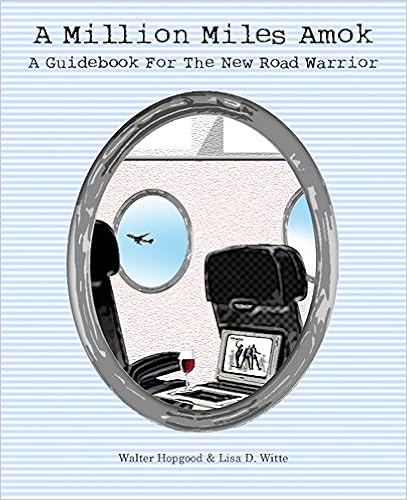So as writers, one of the things that you deal with most often when you want to get something published – by a publishing house, and not self-published – is the issue of rejection. It’s not something that is easily brushed off, and it can negatively affect your mindset.
I originally submitted my Migration series to a publishing house, and after a couple of months, they gave me some good feedback with a, “Sorry, but we’re going to pass right now. But make the changes and resubmit!” I took it to heart, and made the changes that they asked for, then resubmitted.
Well, after making the requested changes and waiting more than four months, today I get the, “No thanks,” rejection email. The publisher was nice, but the reviewer made it seem like I had offended them and not made any suggestions they gave.
Ehh… Oh well.
The problem, however, is the self-doubt that comes out of the process. Migration is a hard story to tell, because you have to build the world up before you can destroy it, and I do just that. There’s a prologue that gives you some of the necessary data about the story, and then a 2 chapter buildup. It all amounts to about 10,000 words that the specific publisher is saying needs to be cut.
Can I do it? Can I hack my baby up into smaller pieces – going from the original 85,000 words, down to the 78,000 words post-initial submission rejection, to maybe 68,000 words? Without sacrificing the whole of the story?
I get it – I really do. And part of me wants to jump on the bandwagon and make those changes instantly; that’s the part of me that wants instant gratification, and seeks out approval. But there’s the other part of me that wants to stand tall, tell the critics to get bent, and self publish.
So I’m going to compromise. I’m going to hack it down some, and then see how I like it. If I do, then I’ll go with the new version. But if it sacrifices too much, then I’m going to bail, go back to my original storyline, and self publish. Only time will tell what path I decide to go down.
But first, I’m going to self-publish our (me and my coauthor Lisa’s) nonfiction travel book. I would like to get that out the door, published, and off my plate so that I can focus on the Migration series.
So that’s how my birthday went! How about you?


